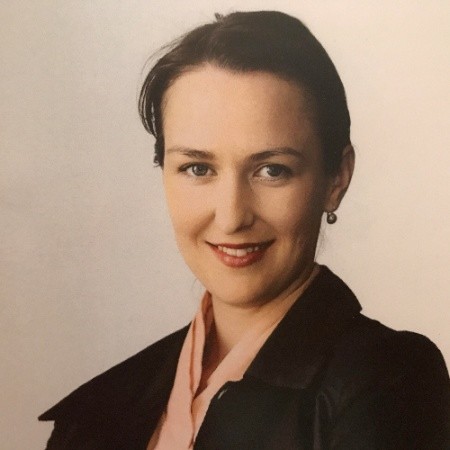Ethics at work

Every one of us wants to cooperate with people and companies which act ethically. Everybody wants to have ethical employees, an ethical boss, business partner … There are two most frequent reasons: because we want to trust and as people, we have the need to be a part of something noble, good. In Slovenia, ethics is still little known and seldom used as a management discipline in business. But managers and companies in the country are already sophisticated enough for this.
Today's world of informatisation is dominated by information which can be measured, monitored, simply connected … This is, essentially, quantified information, with managers preferring information expressed in euros or dollars. At the same time, the effects of business ethics are something that cannot be measured directly with numbers. But the great genius Albert Einstein said that not everything that counts can be counted, and not everything that can be counted counts.
Ethics in business and all human relations certainly counts. This is what common sense and experience tells us. A majority would agree that ethics can be felt, recognised, that it has very tangible consequences … In the last few decades experts have developed sufficiently good global indicators of performance and efficiency in this field, and surveys show that ethical companies are more successful than the competition and more resistant to crises. Why, then, would companies not systematically and professionally introduce and direct it like any other management discipline that has already been established?
With the project 5 Stars Integrity Leadership (5STIL), which the Managers' Association of Slovenia will shortly present to the public in detail together with the EISEP, we want to create a model for introducing internationally recognised principles of business compliance and ethics, tested in practice, though integrity of leadership. This sends the message that ethics will be at work in a company only if managers employ, equip, monitor and communicate it.
Andrijana Bergant, MBA, AICA, president of the European Institute of Compliance and Ethics (EISEP)